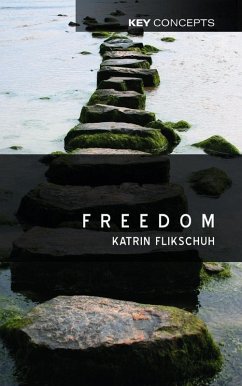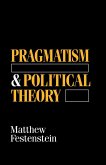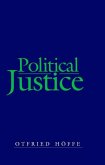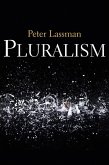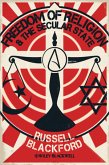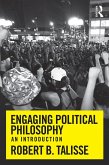In this engaging new book, Katrin Flikschuh offers an accessible introduction to divergent conceptions of freedom in contemporary liberal political philosophy. Beginning with a discussion of Isaiah Berlin's seminal distinction between negative and positive liberty, the book goes on to consider Gerald MacCallums alternative proposal of freedom as a triadic concept. The abiding influence of Berlin's argument on the writings of contemporary liberal philosophers such as Robert Nozick, Hillel Steiner, Ronald Dworkin and Joseph Raz, is fully explored in subsequent chapters. Flikschuh shows that, instead of just one negative and one positive freedom tradition, contemporary liberal thinkers articulate the meaning and significance of liberal freedom in many different and often conflicting ways. What should we make of such diversity and disagreement? Should it undermine our confidence in the coherence of liberal freedom? Should we strive towards greater conceptual and normative unity? Flikschuh argues that moral and political disagreement about freedom can often be traced back to differences in underlying metaphysical presuppositions and commitments. Yet these differences do not show liberal freedom debates to be confused or incoherent. On the contrary, they demonstrate the centrality of this philosophically elusive idea to the continued vitality of liberal political thinking.
Dieser Download kann aus rechtlichen Gründen nur mit Rechnungsadresse in A, B, BG, CY, CZ, D, DK, EW, E, FIN, F, GR, HR, H, IRL, I, LT, L, LR, M, NL, PL, P, R, S, SLO, SK ausgeliefert werden.

